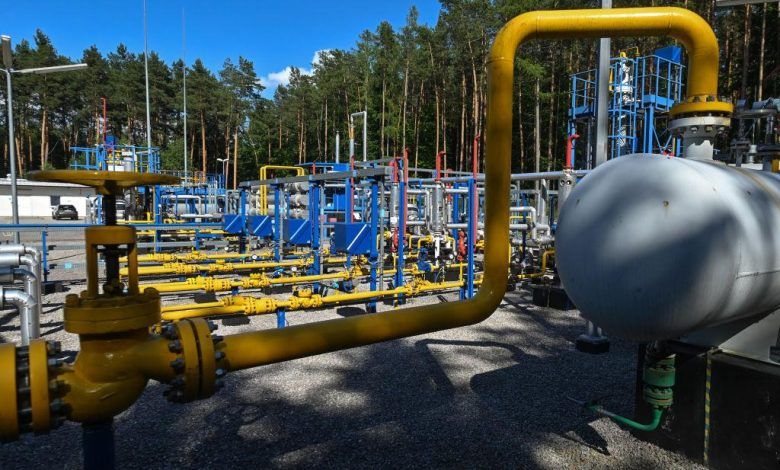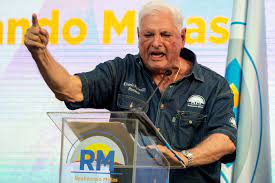EU to Ban All Russian Gas Imports by 2027 Under New Energy Strategy

The European Commission is preparing to unveil a sweeping plan to phase out Russian gas imports by the end of 2027, in a move aimed at severing the bloc’s long-standing energy dependence on Moscow following its 2022 invasion of Ukraine.
According to a draft roadmap seen by Reuters and expected to be published in June, the Commission will introduce legislation targeting both new and existing gas contracts. Specifically, the proposal seeks to:
Ban new Russian gas supply agreements and spot purchases by the end of 2025, and
End all imports under existing long-term contracts with Russian entities like Gazprom by 2027.
The roadmap follows the EU’s earlier pledge to halt Russian fossil fuel imports by 2027—a political commitment made in the wake of the Ukraine war. While the bloc has already banned Russian coal and seaborne crude oil, gas has remained untouched due to resistance from countries like Hungary and Slovakia, which still rely on Russian pipeline supplies.
Despite these political hurdles, Russian gas imports have already fallen significantly. Before the war, Russia supplied around 40% of Europe’s gas needs. Today, that figure has dropped to less than 19%, mostly via TurkStream pipeline and liquefied natural gas (LNG) shipments. According to Rystad Energy, about 31% of the Russian LNG purchased by Europe last year came through spot market deals not covered by long-term contracts.
Still, European companies are locked into “take-or-pay” contracts with Gazprom, meaning they must pay for gas volumes even if they refuse delivery. The Commission is reportedly exploring legal avenues to allow firms to exit these contracts without incurring massive penalties or entering arbitration. However, legal experts caution that invoking “force majeure” or other legal mechanisms could be difficult and contested.
The roadmap underscores that any gas phase-out must be implemented “in alignment with global market dynamics and reliable suppliers” to avoid destabilizing European energy prices or compromising supply security. The EU has ramped up imports from Norway (33.6%), the United States (16.7%), Algeria (14.1%), and others to fill the void left by Russia.
The strategy also responds to mounting geopolitical pressure. The United States has long urged Europe to reduce its reliance on Russian energy and expand purchases of American LNG—a demand intensified under former President Donald Trump and still echoed by current U.S. policy.
However, Brussels remains wary of triggering a spike in energy costs that could hurt European industries and consumers. The Commission insists that any restrictions on Russian gas must inflict greater economic damage on Moscow than on the EU itself.
The final roadmap, initially scheduled for March but delayed due to legal and political complexities, is now expected to be presented next month. It will require approval from the European Parliament and a qualified majority of EU member states, meaning unanimous consent is not necessary.
The development marks a pivotal step in the EU’s transition toward energy sovereignty, signaling a decisive break from decades of dependency on Russian fossil fuels. Still, analysts caution that the timeline and feasibility of such a comprehensive gas divorce will depend heavily on geopolitical shifts, market conditions, and internal EU consensus.





